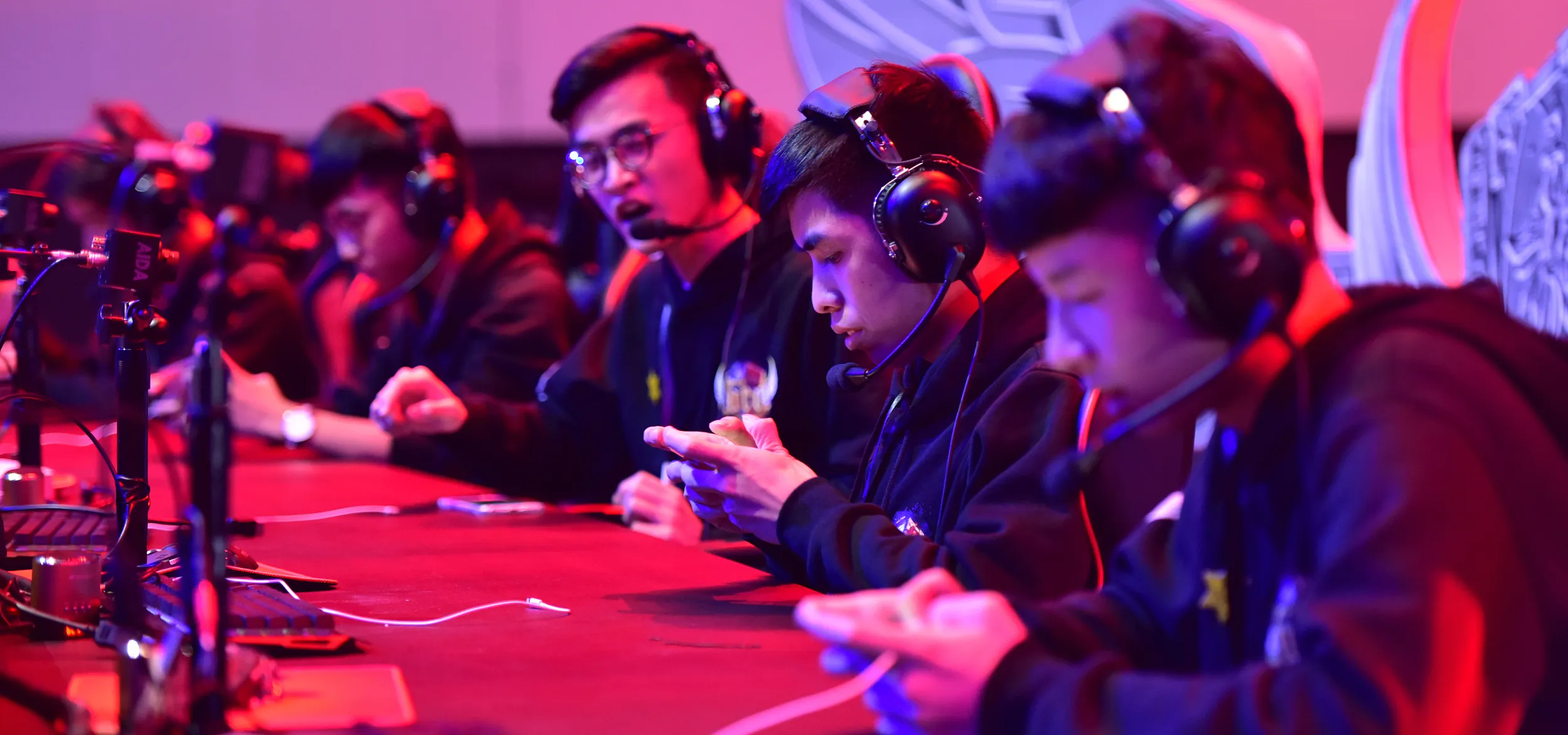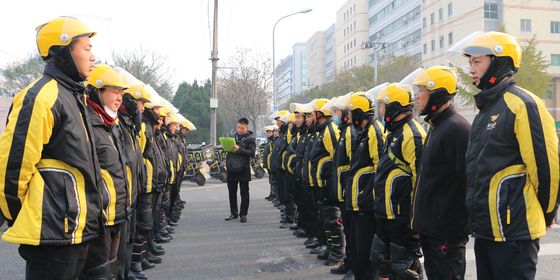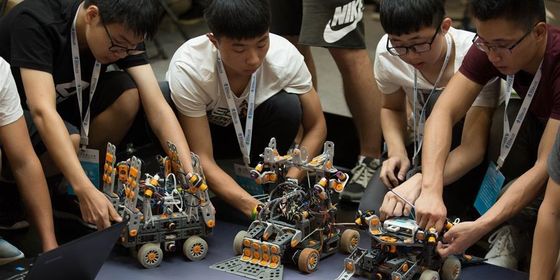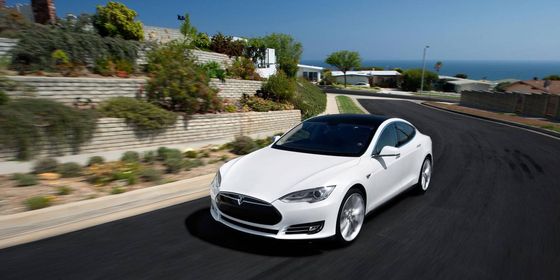Hopes are high for China at the Asian Games 2022 in the newly-added esports category, but some worry the country’s gaming regulations will cripple long-term prospects
When athletes take the field at the Asian Games in Hangzhou this September, not all of them will be donning lycra shorts or running shoes. Some will instead be sporting headsets as they sit in futuristic looking chairs, staring at a computer screen for hours on end as they battle in the virtual world for a real-life gold medal.
For China’s estimated 720 million gamers and 400 million fans of esports, or competitive video gaming, the 19th Asian Games will be a historic moment—the multi-sport event held every four years will for the first time include esports as an official medal event. In Hangzhou, participants from 45 countries will compete in eight medal events in esports and two demonstration events in robotics and VR—battling on screen to be crowned champion of soccer simulator FIFA 2021, fighting in Multiplayer Online Battle Arenas (MOBA) titles such as Dota 2 and League of Legends, outwitting one another in digital collectible card games like Hearthstone, and pummeling their rivals in Street Fighter V—all in a new and dedicated arena with a capacity of 4,087 spectators, built at a cost of two billion yuan.
“Progressing from being a demonstration sport [at the 2018 Asian Games] to an official medal sport will help more people familiarize themselves with esports, in turn further advancing the sector’s growth,” Tian “Meiko” Ye, a 23-year-old member of Edward Gaming (EDG), a majority Chinese esports team that won the League of Legends 2021 World Championships, told China Daily in November last year.
“Competing at the Asian Games…players will have a much stronger sense of honor,” Tian added, underscoring the Games’ significance to players who up to now have not been able to represent their country in an official event.
The event will be a breakthrough for the sport, but is only the latest in the development of what is a booming esports industry in China—and one supported by authorities. “We hope to take advantage of hosting the Games to promote the development of the esports, digital, and animation industries in Hangzhou,” Zhu Qinan, director of the Games’ Organizing Committee’s competition department, told reporters last year.
But along with supporting esports, the government has simultaneously adopted strict controls on the wider videogame industry, restricting the number of new titles released, and limiting the playing hours of minors under 18, raising concern from some players and experts that this will harm China’s future hopes of medals in esports tournaments.














